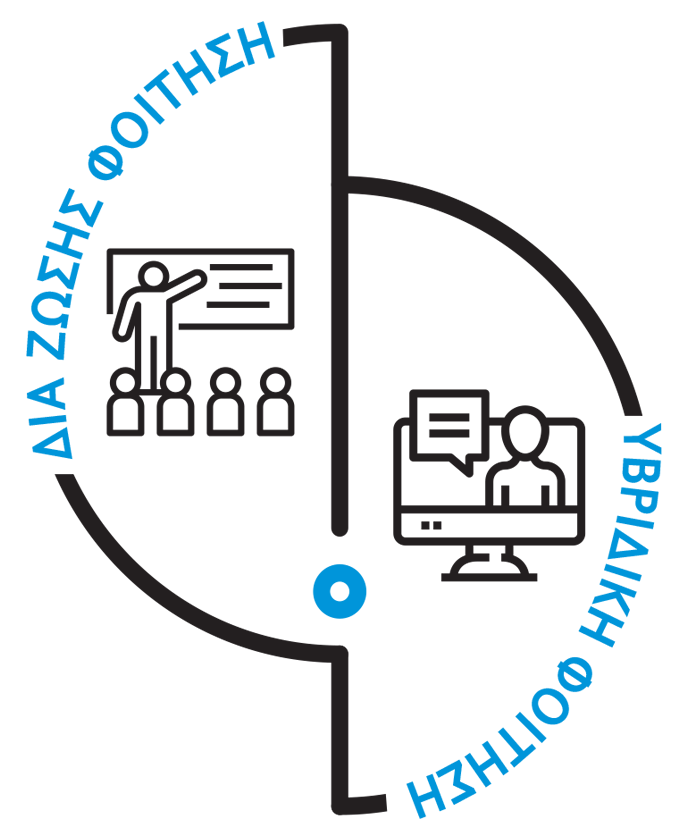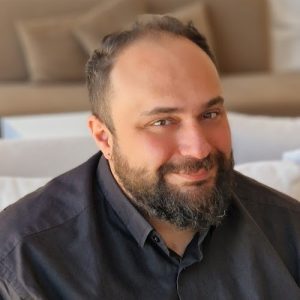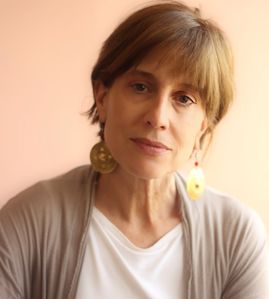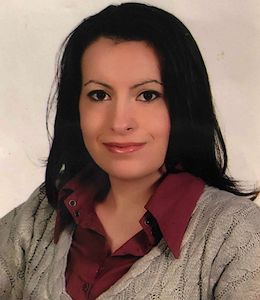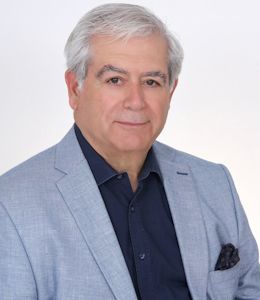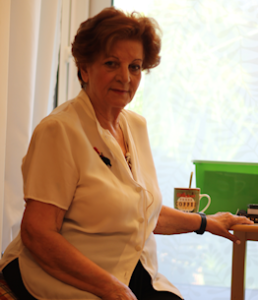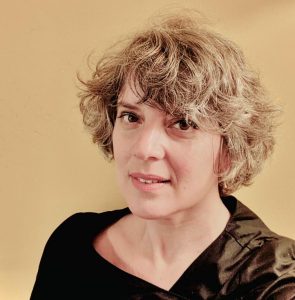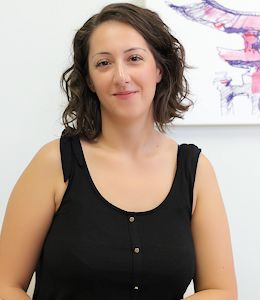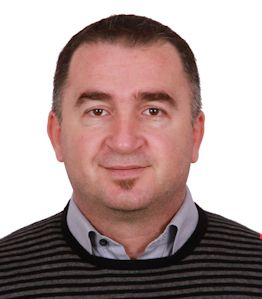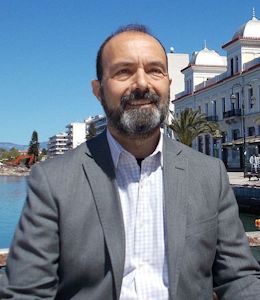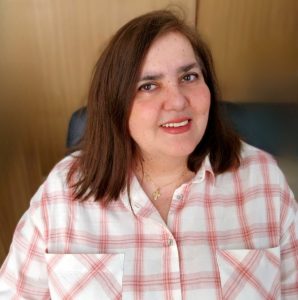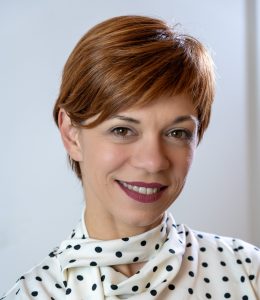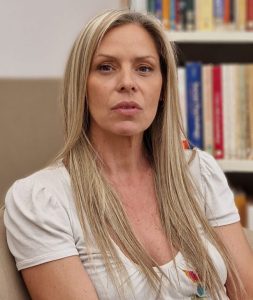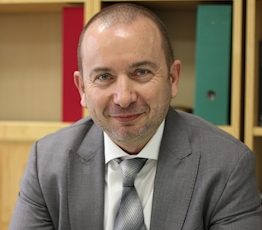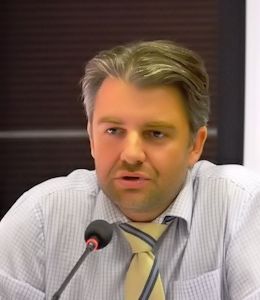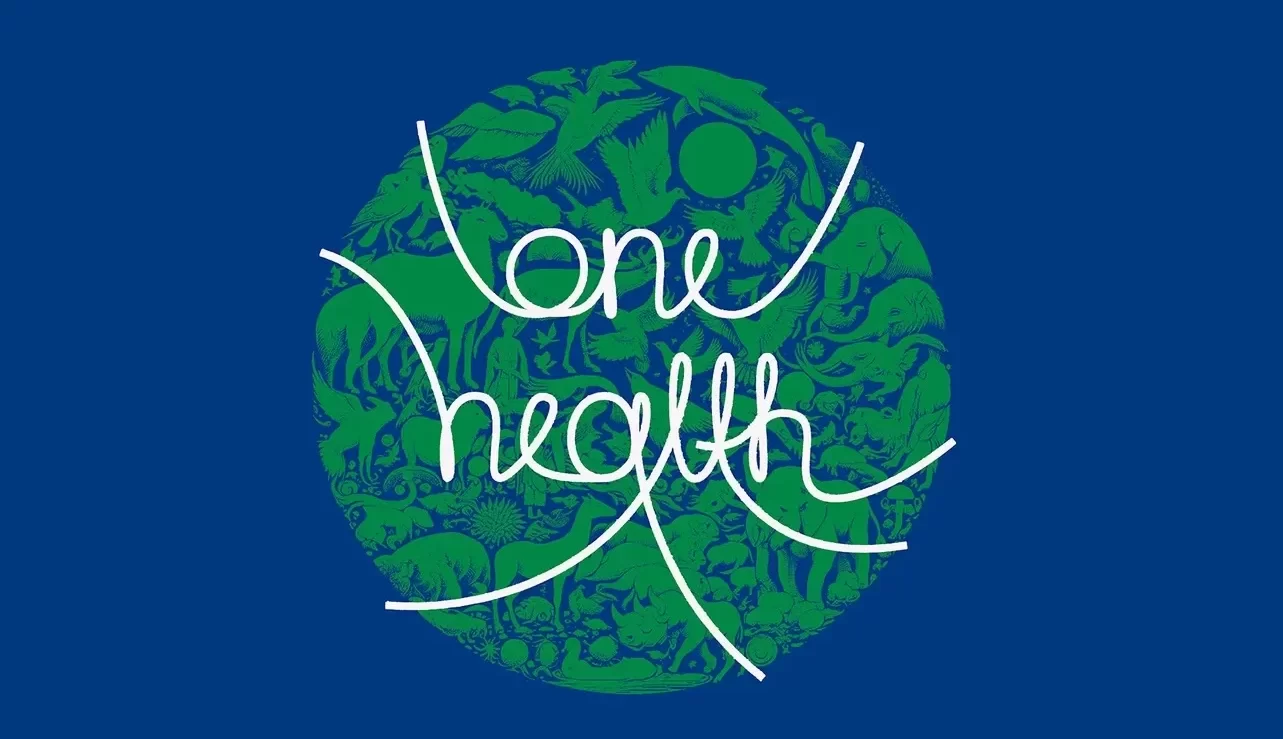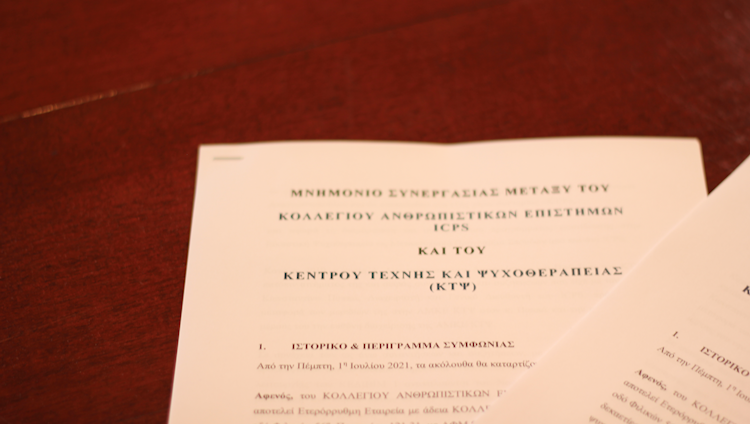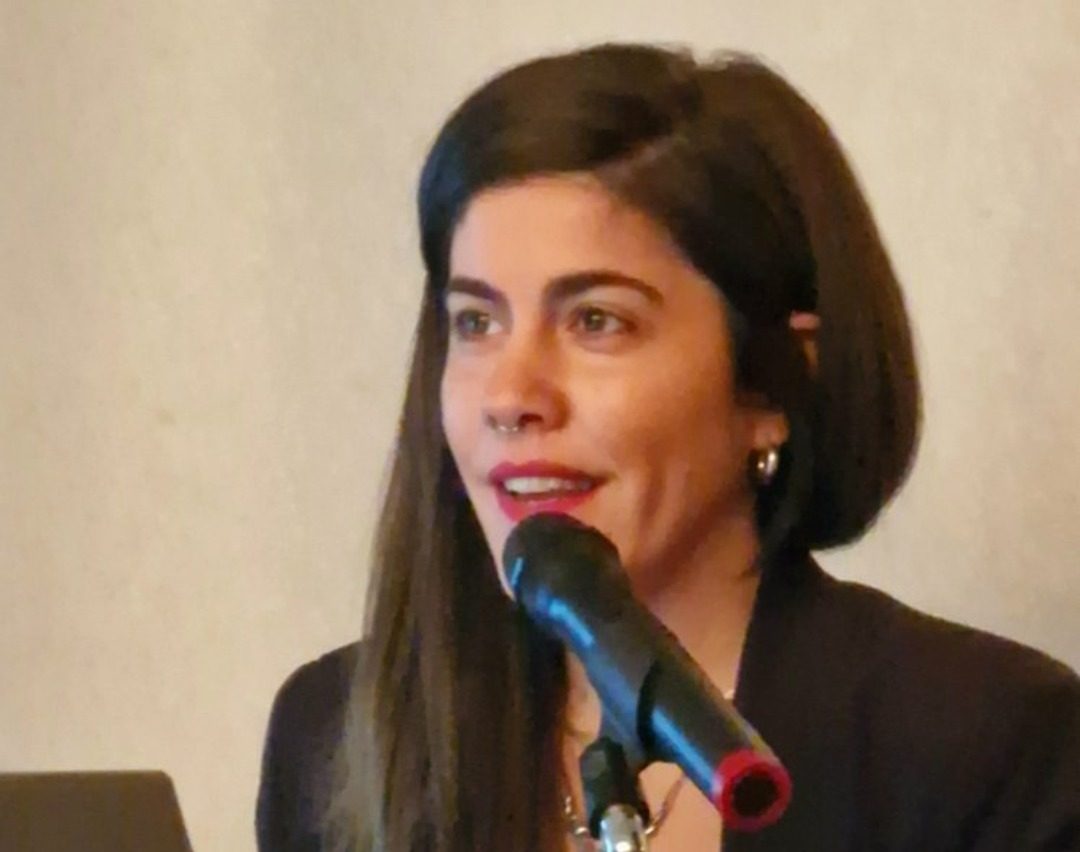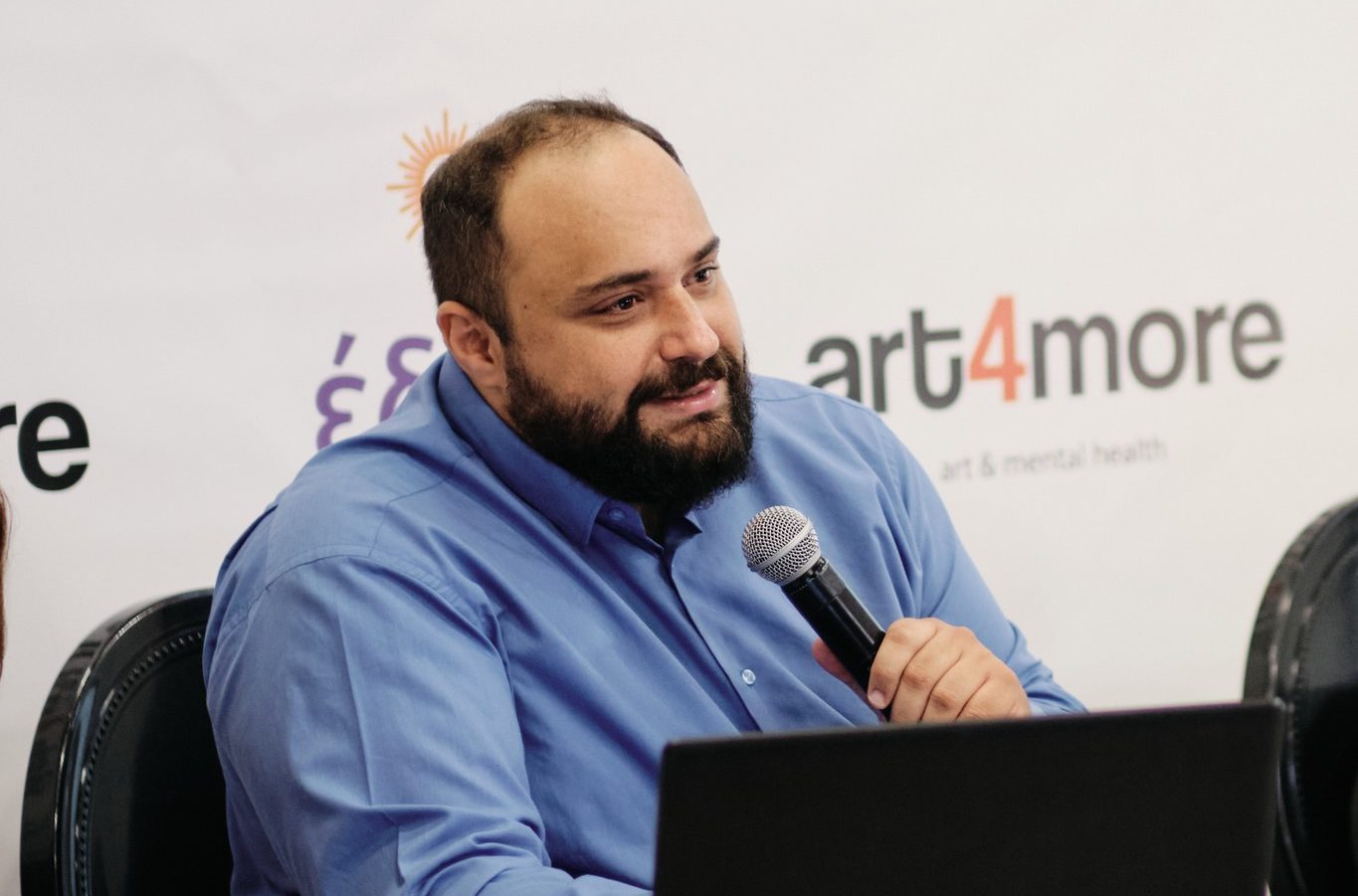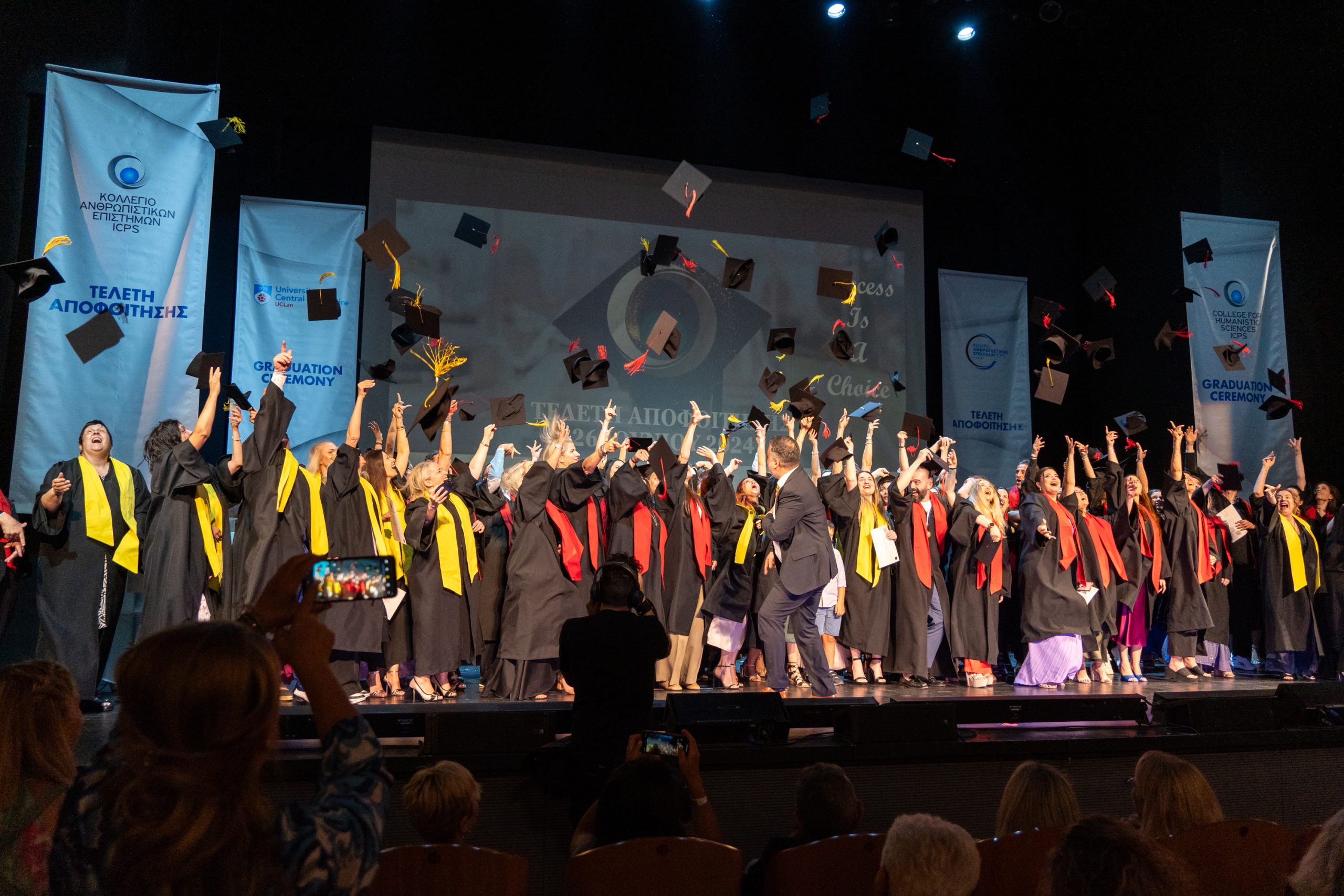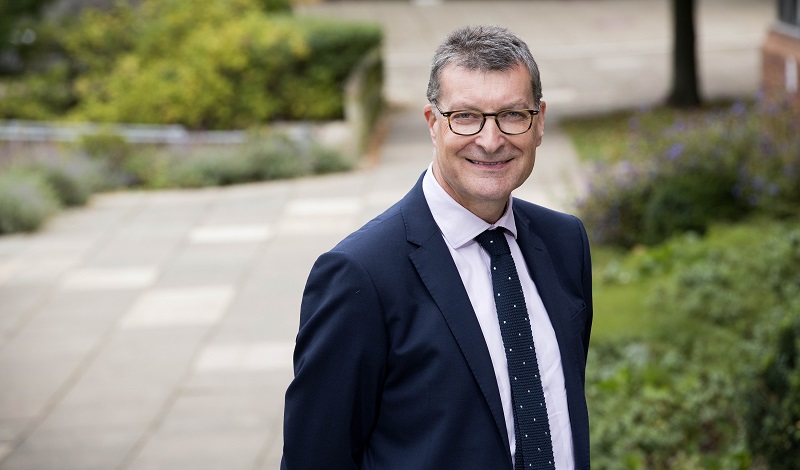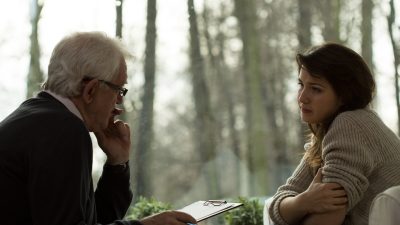This unique Postgraduate Programme in Art Psychotherapy for Children and Adults, is available in cooperation with the University of Central Lancashire. This is a large international public university in the north of England. It is the only accredited MSc level training for psychotherapists through art in Greece. In addition, this programme is, the only one in Europe, certified program by the European Association for Psychotherapy (EAP) at Art Psychotherapy. Therefore, it leads to the acquisition of the European Certificate of Psychotherapy.
Visual Psychotherapy: The initial program
The Postgraduate Programme of Studies constitutes the evolution and continuity of the historic program, which was designed and offered to Greece for thirty years by the Centre for Art and Psychotherapy.
The initial programme was designed by pioneers of the approach in Greece and important scientists/visual psychotherapists from abroad, such as Nizetta Anagnostopoulou, Dianne Waller, David MacLagan, Rogue Arguile etc. Then, specialist partners from ICPS and UCLan they completely redesigned it, in order to reflect the developments and new trends in visual arts and psychotherapy in general.
Master of Visual Psychotherapy for Children and Adults
Η Artistic Psychotherapy is based on the power of visual expression (painting, clay, collage, sand). This is the individual’s means of communication with himself and the environment, so in this way it further develops physical and emotional abilities.
The therapeutic approach through art recognises the artistic processes, structures, content and associations on them, as mirrors of man’s abilities, personality, interests and occupations. At the same time, Visual Psychotherapy is also a diagnostic tool for psychological assessment for individuals, couples, families and children.
This new four-year (Part-Time) Master’s degree incorporates all the new developments in the training of Visual Psychotherapists and, as such, is a “guide” program in Continental Europe, offering a unique educational combination scientific training, experiential development, practical application and research documentation. This combination leads to an in-depth knowledge and experience of Visual Psychotherapy. The graduates of the Programme possess the necessary skills to work as Visual Psychotherapists and excel in the field of mental health.
Among other things it covers:
- Theoretical education and training in Principles of Visual Psychotherapy. Also in the philosophy underlying the Psychodynamic Theory as dominant in the therapeutic process through art.
- The expanded and at the same time targeted personal development of each member of the training team. This has the ultimate aim of preparing for the practice of the profession.
- On applied experiential education at individual, group and family Artistic Psychotherapy.
- Intensive training in differential diagnosis and psychopathology of children and adults.
- The extensive training in the stages of human development and psychopathology that most often has to do with them, in relation to the expression of emotions through art.
- Training in the integration and effective use of supervision in the everyday life of the professional visual psychotherapist.
- Ethical, professional and legal issues in the application of Visual Psychotherapy.
- Theoretical and applied comparison between the dominant approaches and to acquire advanced skills in understanding the offer of each approach.
- On sound scientific training with the aim of successful future cooperation in an interdisciplinary context (e.g. cooperation with psychiatrists, teachers, social workers, etc.).
Other important features of the project are:
- Postgraduate with international recognition from the great University of the North of England. Also obtaining the European Certificate of Psychotherapy (ECP) – European Certificate of Psychotherapy from the European Association for Psychotherapy (EAP).
- Recognized by the Department for the Implementation of European Legislation (ATEΕN) (formerly SAEP). It is equivalent (Professional Equivalence) of Postgraduate students of public universities.
- Interdisciplinary team of trainers with experience in counselling and psychotherapy. Certified from the European Society of Counselling, the European Society for Psychotherapy. There is also certification from the European Federation of Art Therapy (EFAT).
- Mandatory practical training 600 hours. This should be done in private and wider public sector organisations or with professionals certified visual psychotherapists, in accordance with the provisions of the legislation (Law 4763/2020, Law 5006/2022).
- Ninety (90) ECTS. It is available on a 48-month (4 years) part-time basis.
- Academic assessment: Variety of methods including assignments, presentations, self-evaluation and personal development reports, exams, role play etc.
Registration Criteria:
- University degree, preferably in Psychology or a similar discipline. These may be: medicine, education, sociology, social work, anthropology, etc. It may also be the Arts (e.g. fine arts). In case of holding a different degree, the application is put under evaluation, depending on the existence of other trainings or professional experience. For graduates of university courses other than Psychology, there are additional courses in the ICPS, and the number and subject matter of the courses are determined on a case-by-case basis. For university graduates outside the Arts, there are complementary courses in the ICPS.
- Good knowledge of English for the study of literature. Although the programme is in Greek, knowledge of English is essential. And you will find this out when studying the literature.
- Assessment of study intention by a Study Advisor.
- Successful academic and personal interview. In this, the candidate must support his/her ability to follow graduate-level courses. And he or she must do this in a highly experiential and academic context.
- If the interviews deem it necessary, then a successful psychometric assessment demonstrating the candidate’s readiness to join an intensely experiential programme.
NOTE: This program is a training program in art psychotherapy. The aim is to develop professionals in this field. However, it is NOT suitable for anyone who is currently experiencing or has experienced in the recent past any manifestation of psychological maladjustment, and is in no way a program of personal or group therapy. On the contrary, it is an intensive, experiential and applied training. As such, it will expose you to stressful processes of professional and personal development. For this reason, it is contraindicated for people experiencing maladaptation. In the event that it is determined that the relevant reasons exist while you are enrolled in the Program, the College may require you to temporarily or permanently discontinue your education.
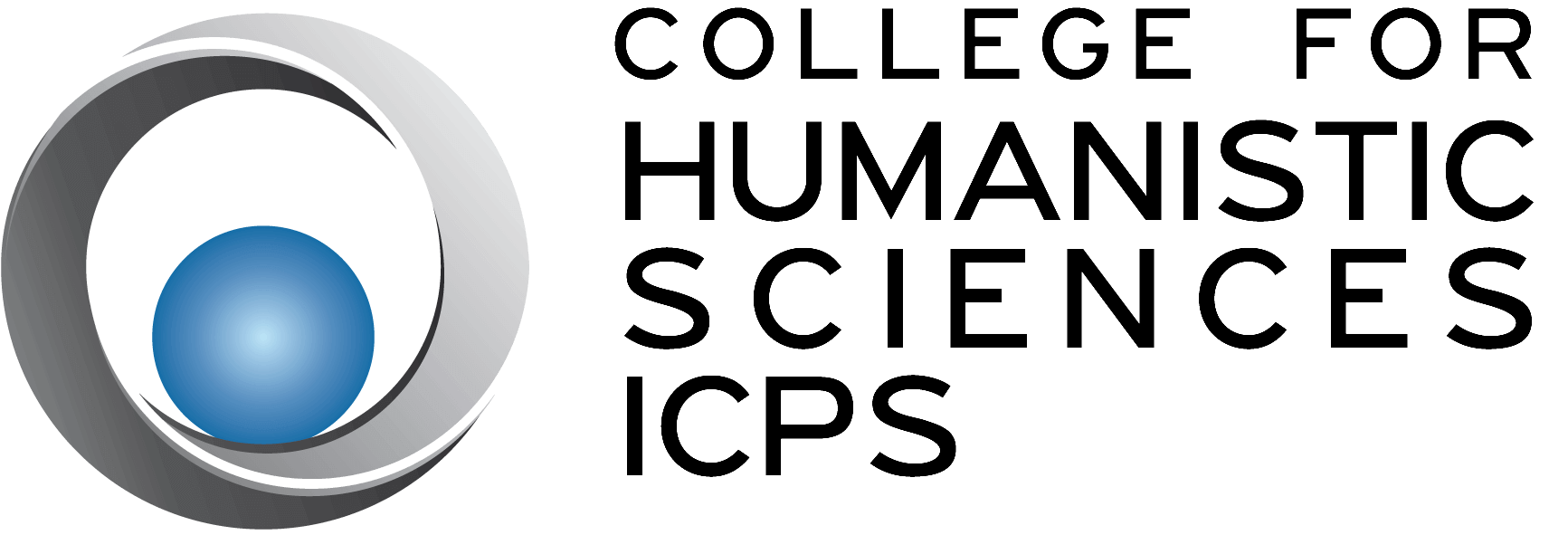


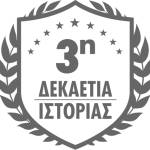
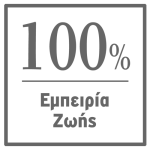
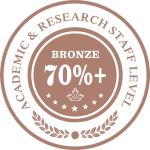
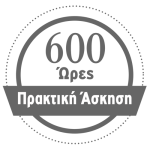
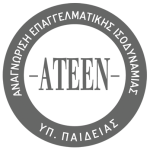
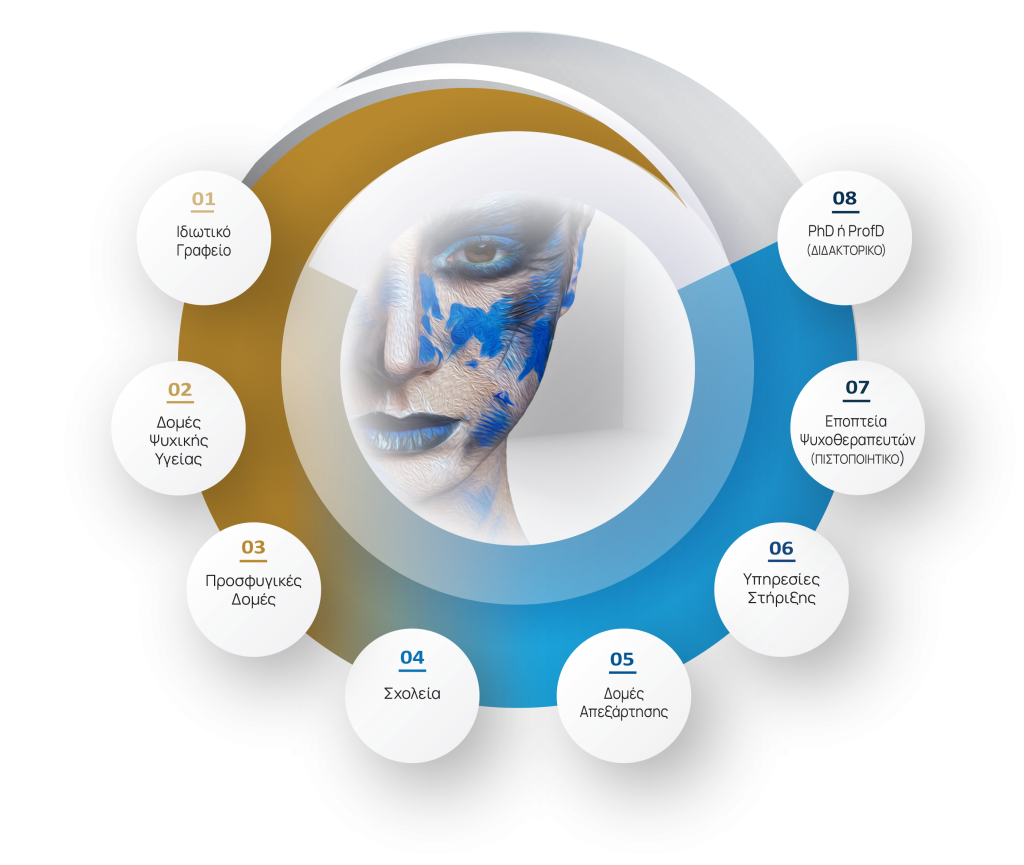

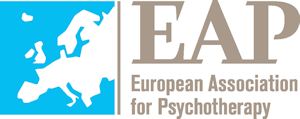
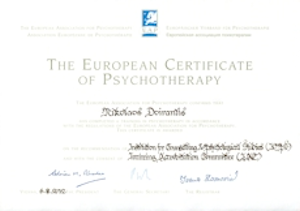
 To Master Εικαστικής Ψυχοθεραπείας Παιδιών και Ενηλίκων στο ICPS, περιλαμβάνει το κορυφαίο πρόγραμμα προσωπικής και επαγγελματικής ανάπτυξης, Career Success Navigator©
To Master Εικαστικής Ψυχοθεραπείας Παιδιών και Ενηλίκων στο ICPS, περιλαμβάνει το κορυφαίο πρόγραμμα προσωπικής και επαγγελματικής ανάπτυξης, Career Success Navigator©